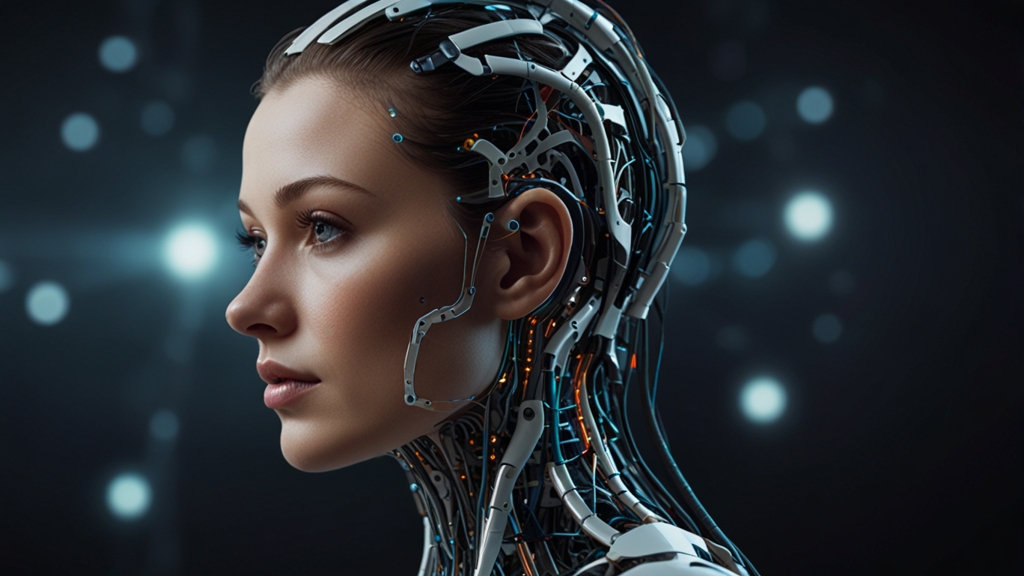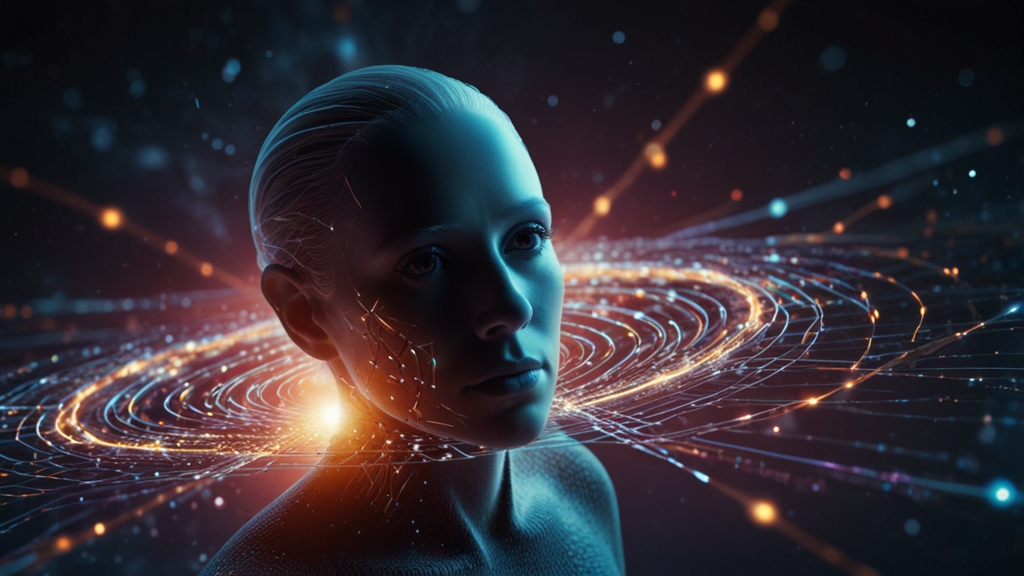Crisis or Opportunity? The Economic Impact of AI Development
The rise of artificial intelligence (AI) has ignited vigorous debates across industries and societies globally. As with any transformative technology, AI possesses the potential to significantly reshape the economic landscape. But does AI represent a crisis for traditional employment and industries, or does it offer unprecedented opportunities for growth and innovation?
The Dual-Edged Sword of Automation
One of the most immediate and widely discussed impacts of AI is automation. AI systems are capable of performing tasks that once required human intervention, from manufacturing to customer service.
"Automation will reduce the need for human contributions in numerous jobs," according to a study by the International Labor Organization (ILO). "However, it will also create new categories of jobs and can lead to greater efficiencies and lower costs."
For example, AI-driven automation in manufacturing can lead to faster production times and reduced errors, which can enhance overall economic productivity. However, the displacement of workers in these fields represents a significant challenge. The easing of routine tasks should push the workforce towards more creative and intellectual roles, but this transition is neither instantaneous nor without friction.
Economic Growth Through AI Innovation
Beyond automation, AI has the potential to drive unprecedented levels of economic growth by fostering innovation. Tech giants like Google, Microsoft, and Amazon are investing heavily in AI research and development, resulting in new products, services, and entirely new markets.
"AI can generate economic value by enabling the development of new applications and efficiencies," says a report from McKinsey Global Institute. "The integration of AI into strategic sectors like healthcare, finance, and logistics can lead to significant economic benefits."
In healthcare, AI algorithms are improving diagnostics and personalizing treatment plans, which can extend lives and reduce healthcare costs. In finance, AI is optimizing trading strategies and enhancing fraud detection, leading to more stable and secure financial systems. By innovating across these sectors, AI advances are expected to contribute trillions of dollars to the global economy.
The Skills Gap Challenge
While the upside of AI is significant, it simultaneously highlights a critical issue: the skills gap. As AI technologies advance, the demand for skilled professionals who can develop, manage, and maintain these systems is skyrocketing.
The educational sector is under pressure to adapt, providing training in AI and related fields to ensure the workforce can meet this demand. Online courses, coding bootcamps, and corporate training programs are becoming increasingly important as they allow for quicker upskilling compared to traditional education models.
"To leverage AI's capabilities, we must bridge the skills gap by investing in education and training," encourages a recent World Economic Forum article. "This is essential to ensure that individuals are not left behind as new jobs are created."
Redistribution of Wealth
Another challenge associated with AI development is the potential for wealth redistribution. As AI primarily benefits those with access to advanced technologies and resources, there is a risk of exacerbating economic inequalities. Companies and countries leading in AI could see disproportionate gains, widening the gap between economic leaders and laggards.
Addressing these disparities requires conscious efforts from policymakers to ensure that AI benefits are broadly shared. This includes investing in AI research in developing countries, creating inclusive growth policies, and ensuring fair labor practices.
Conclusion
AI development brings both crises and opportunities to the economic stage. On one hand, it disrupts traditional employment and potentially aggravates economic inequality. On the other hand, it drives innovation, efficiency, and growth. The challenge lies in navigating this dual-edged reality, ensuring that the benefits of AI are maximized while mitigating its disruptions.
Ultimately, whether AI development leads to an economic crisis or a golden era of opportunity depends on how governments, industries, and societies manage this technological evolution. Proactive measures in education, policy, and inclusive growth can help ensure that AI serves as a catalyst for widespread economic prosperity.











